Star Wars: The Force Awakens passes the Bechdel Test with flying colours
If anything, it strains to show you how progressive it is.
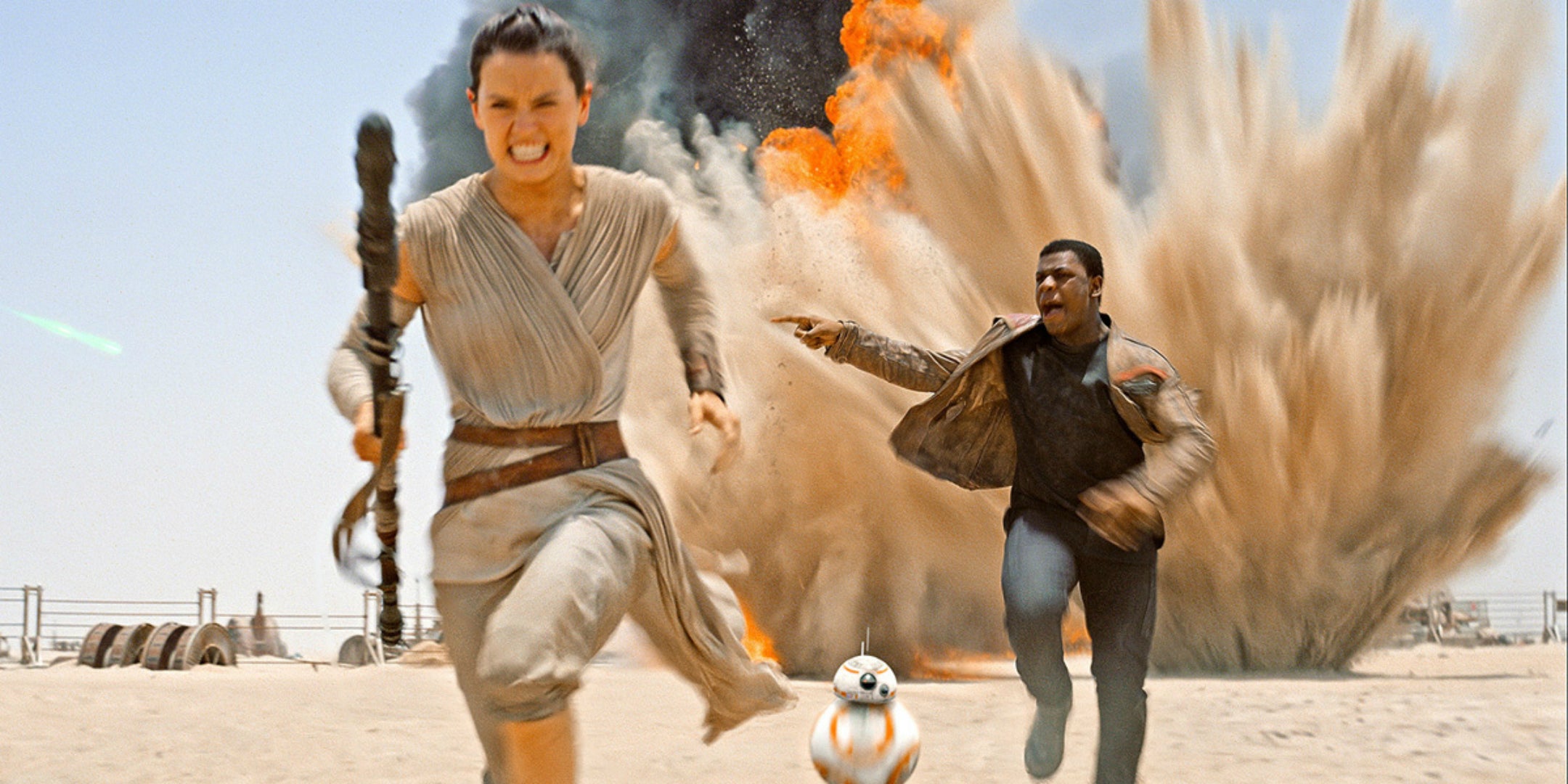
Your support helps us to tell the story
From reproductive rights to climate change to Big Tech, The Independent is on the ground when the story is developing. Whether it's investigating the financials of Elon Musk's pro-Trump PAC or producing our latest documentary, 'The A Word', which shines a light on the American women fighting for reproductive rights, we know how important it is to parse out the facts from the messaging.
At such a critical moment in US history, we need reporters on the ground. Your donation allows us to keep sending journalists to speak to both sides of the story.
The Independent is trusted by Americans across the entire political spectrum. And unlike many other quality news outlets, we choose not to lock Americans out of our reporting and analysis with paywalls. We believe quality journalism should be available to everyone, paid for by those who can afford it.
Your support makes all the difference.The Bechdel Test is a far from perfect measurement of the accuracy and integrity of gender portrayal, as Alison Bechdel herself has admitted, but it’s one that has firmly stuck in film parlance and criticism.
Back in November there was a mini-furore over The Force Awakens director JJ Abrams very innocently noting that the original trilogy was marketed towards boys, and his comments were taken out of context and impaled in some really dumb think pieces.
Because of this, interest in the film’s women was even more heightened.
The good news is, the film easily passes the test (which requires there to be at least two women who talk to each other about something other than a man), and Abrams and screenwriter Lawrence Kasdan have clearly been very careful to do so.
Let’s take a look at the film’s four main female characters (slight spoilers ahead):
Rey
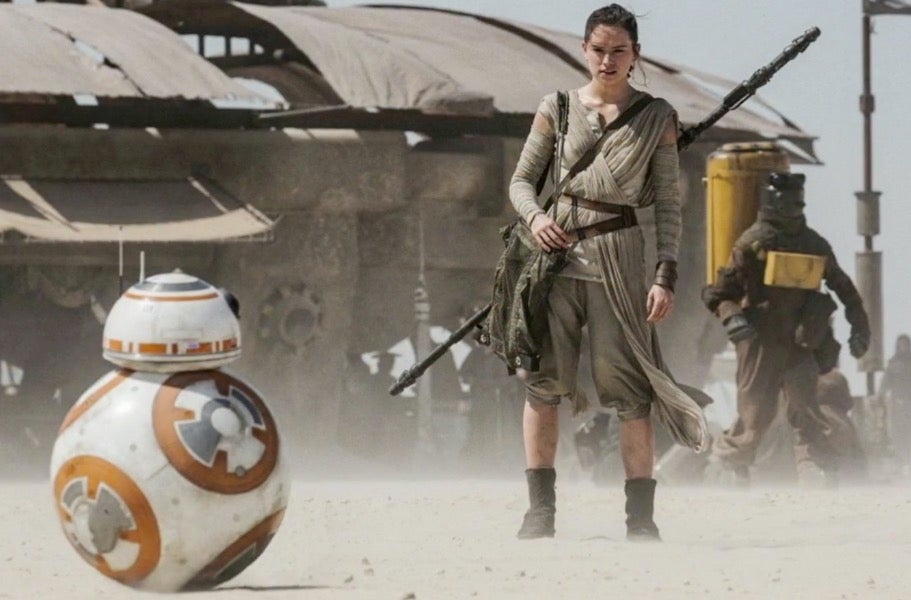
Rey (Daisy Ridley) is the film’s heroine, and that’s not to suggest she comes in addition to a hero. Finn (John Boyega) is definitely the deuteragonist here, and in pretty much every sticky situation the pair find themselves in, it is Rey who comes to Finn’s aid. Her character isn’t sexualised, she is strong, independent and adept at technology and flying ships.
The film plays for laughs a moment in which Finn rushes to her aid only to realise she can fight off male attackers herself and is probably more dangerous than him, and another where he grabs her hand to help her flee and she quickly snaps at him.
General Leia
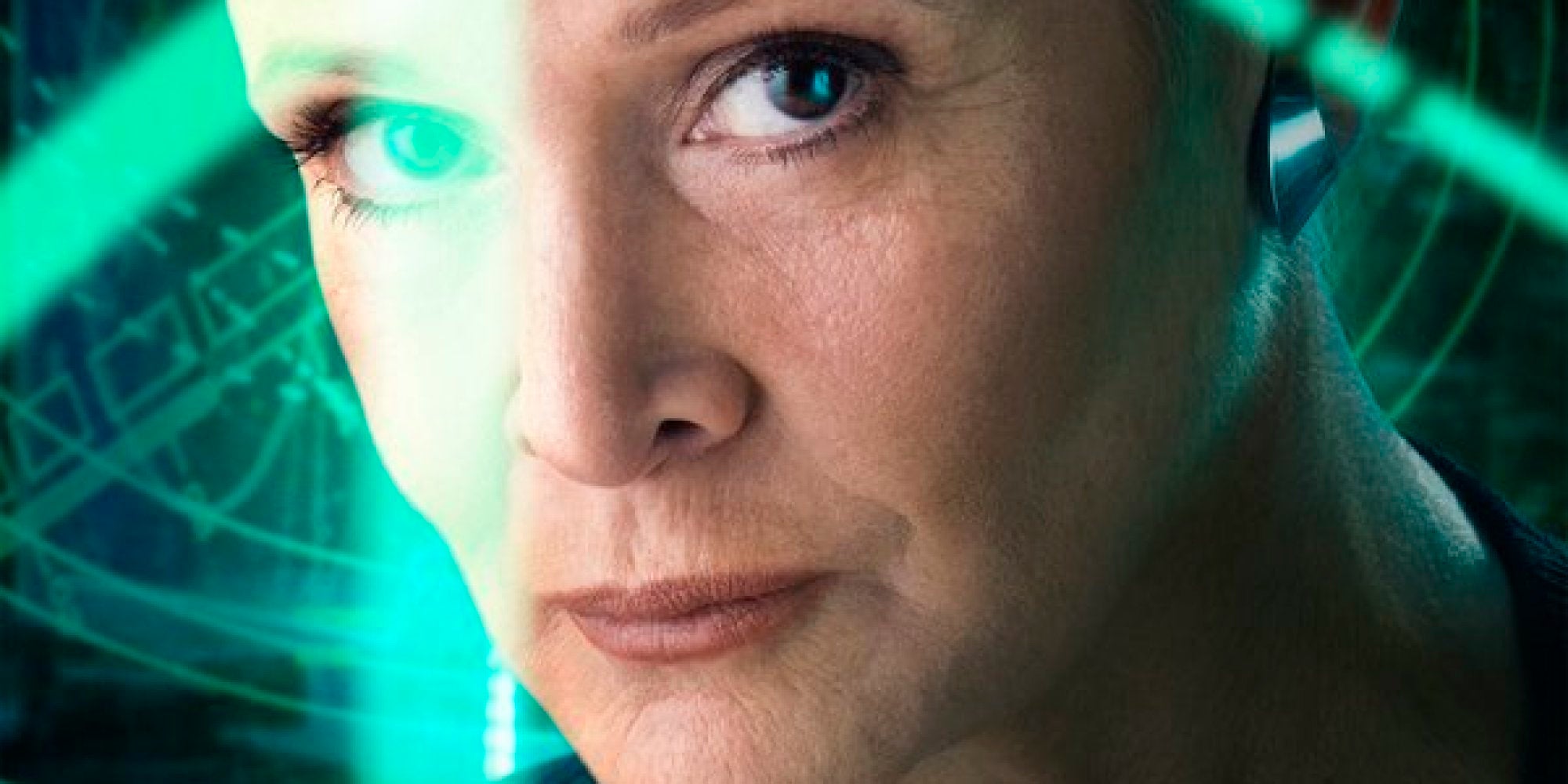
A clear attempt to correct the ghost of slave bikinis past, Leia (Carrie Fisher) is now the general of The Resistance, co-ordinating their attacks.
She, again, is very independent, having split from Han Solo and gone on to be more successful than him.
Captain Phasma
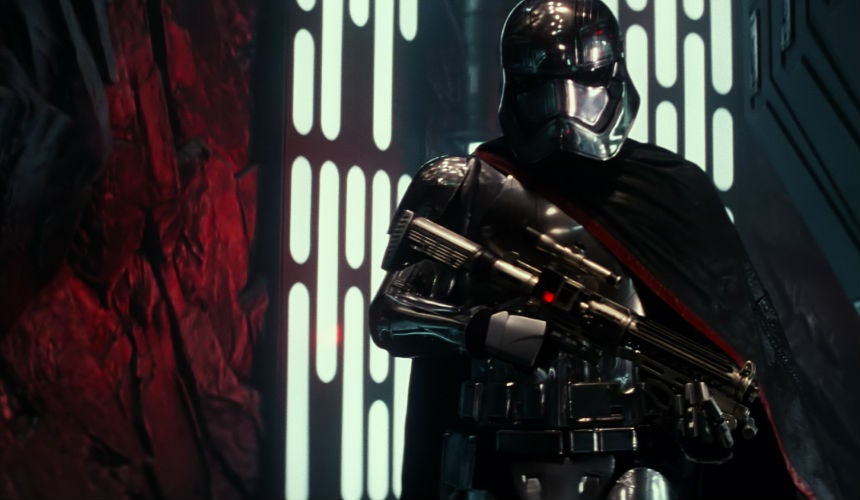
We don’t see much of her in the first film, but Gwendoline Christie’s towering and menacing Stormtrooper chief is a fairly unprecedented character.
When a Facebook commenter suggested that it’s “really hard to tell that that’s female armour”, Star Wars’ official account replied: “It’s armor. On a woman. It doesn’t have to look feminine.”

Watch Apple TV+ free for 7 days
New subscribers only. £8.99/mo. after free trial. Plan auto-renews until cancelled

Watch Apple TV+ free for 7 days
New subscribers only. £8.99/mo. after free trial. Plan auto-renews until cancelled
Maz Kanata
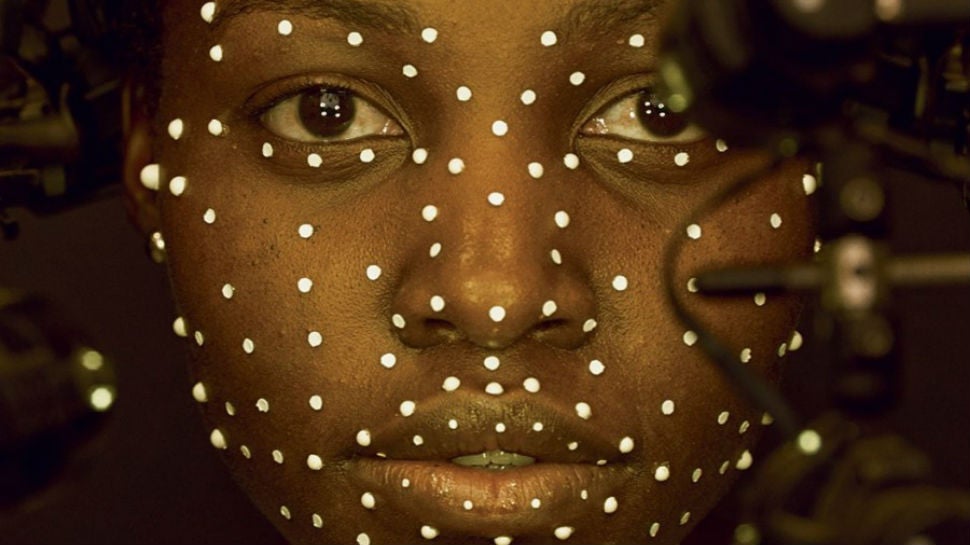
When Lupito N’yongo’s casting was announced, you might have guessed that, given her beauty and Hollywood’s track record, she would be playing some sort of sexy villain in slender clothing but no, she provided motion capture for alien Maz, who is basically the sequel’s equivalent of Yoda - old, gnarled, incredibly wise and revered and, like all of the above, not just there to talk about men.
I liked the film a lot (if you fancy reading my review it's here) and it definitely contains infinitely more positive female role models than the original trilogy and prequels. If anything, The Force Awakens strains to show you how progressive it is, shoehorning in examples of Rey resisting Finn’s troglodytic urge to protect her at every possible opportunity.
Yes, there was an extraordinary amount of white dudes involved in the making of the film and Fisher was reportedly asked to lose weight for it, but on screen at least, all is pretty equal.
Disney clearly did something rare for a studio and listened to the fans with this film, which recognises both the appetite for a movie that has the same feel as the original trilogy, and contains female characters that, while from another planet, feel more close to home than those in a lot of other action/adventure films that pummel the box office.
Join our commenting forum
Join thought-provoking conversations, follow other Independent readers and see their replies
Comments